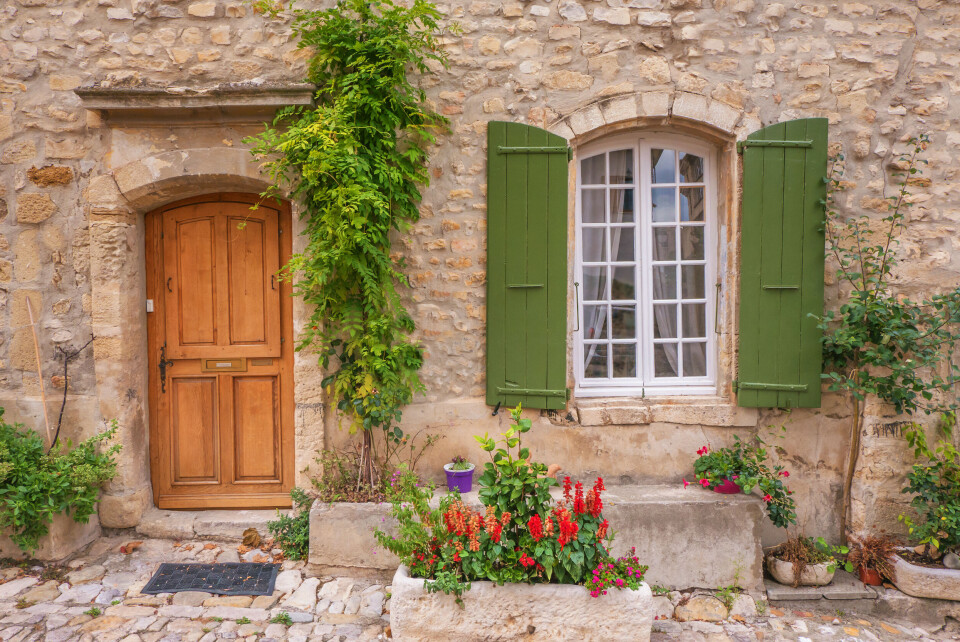-
Why your home insurance in France is likely to increase
Climate change-related claims cost more than €5 billion last year
-
Points to check before buying a property in France
Cracks, termites, electrical checks…what to look out for
-
Mushroom contamination makes French couple’s home a ‘health risk’
The issue could cost the couple €50,000 to fix
Key questions when letting your property for summer
As we enter summer and ‘high season’, many readers will be considering renting out their French homes or second properties to take advantage of the extra income, especially in popular tourist areas.

A lot of people, however, may be put off by the complexities involved, not least the tax and financial ones.
The simplest solution, for many, is to be assessed under the regime of Micro BIC.
The turnover limit to access this regime is usually €32,900, so it is not appropriate if you have a larger project which will take you over this.
The Micro BIC has an allowance of 50% of turnover which takes the place of you having to calculate all your expenses.
There are certainly pros and cons to this.
The great advantage is the total absence of paperwork. You do not even need an accountant since you do not need to consider profit; thus no receipts to keep, expenses to monitor or complicated ledgers to run. No continuous bills to pay, professional insurances to have in place, training costs etc. The point is that this is considered as managing your own assets and not as a profession. All you need to report is your gross revenue once a year on your personal income tax declaration.
The downside is that you are being assessed only on turnover and not profit. This means that if your costs are high you can make a loss and yet have a significant figure assessable to tax. The point is to be mindful of how much you are going to spend; but most people will not spend more than 20% of their revenue on costs let alone 50%.
This already sounds good but then it gets even better as you can get a higher allowance and are allowed more income if your property complies with certain rules.
Certain types of property income will receive a more generous 71% abatement and a ceiling on turnover of €82,200. These are is:
1) Rental properties registered as touristic, within certain criteria and those registered as Gîtes de France.
2) A Chambre d’hôte conforming to the code of tourism.
Rental property registered as rural lodging used to be able to access this tax advantage; however, this was removed in the last budget of 2015.
I would reason that €82,200, as a ceiling, is high enough for most people. If you are receiving 5% (before costs and taxes) from your property, this means that you can have a property to rent valued up to €1,644,000 before you have an issue with the ceiling. If this is sufficient then clearly it is easy to avoid starting a company.
A 71% allowance is incredibly generous, so even a significant expense budget for a large property is not an issue.
Even if you are looking to rent a relatively small property, it makes sense to check with the estate agent that the properties they are showing comply with the rules above, because why pay more tax than necessary?
Definitely discuss your intentions with your local mairie as some places will have limits on rental properties in their area.
So should everybody set up a Micro BIC?
The answer is no. There may be some special exceptions where this is not advisable.
There are reasons for running rental property as a commercial entity, such as if the property is a business property, it may be considered a business asset and so not assessable to wealth tax.
You might have a business model with very high costs, which a business can offset. A company can also recuperate VAT where a non-commercial entity may not.
Although the route to renting may be simple, it is vital to take advice on your own situation before taking any action.
Robert Kent of Kentingtons explains. www.kentingtons.com
























